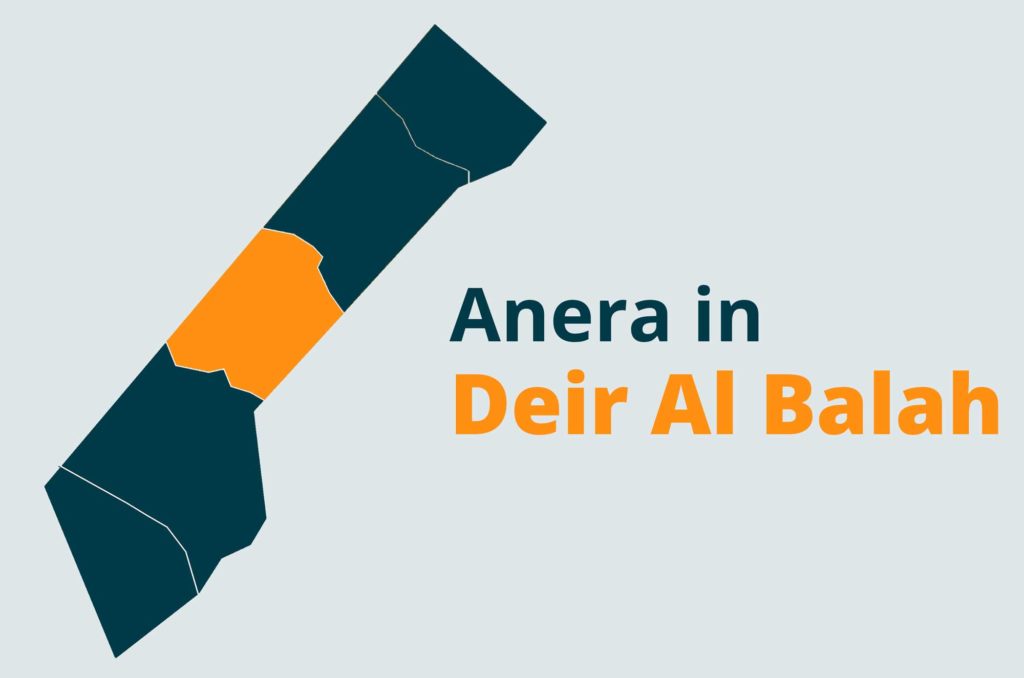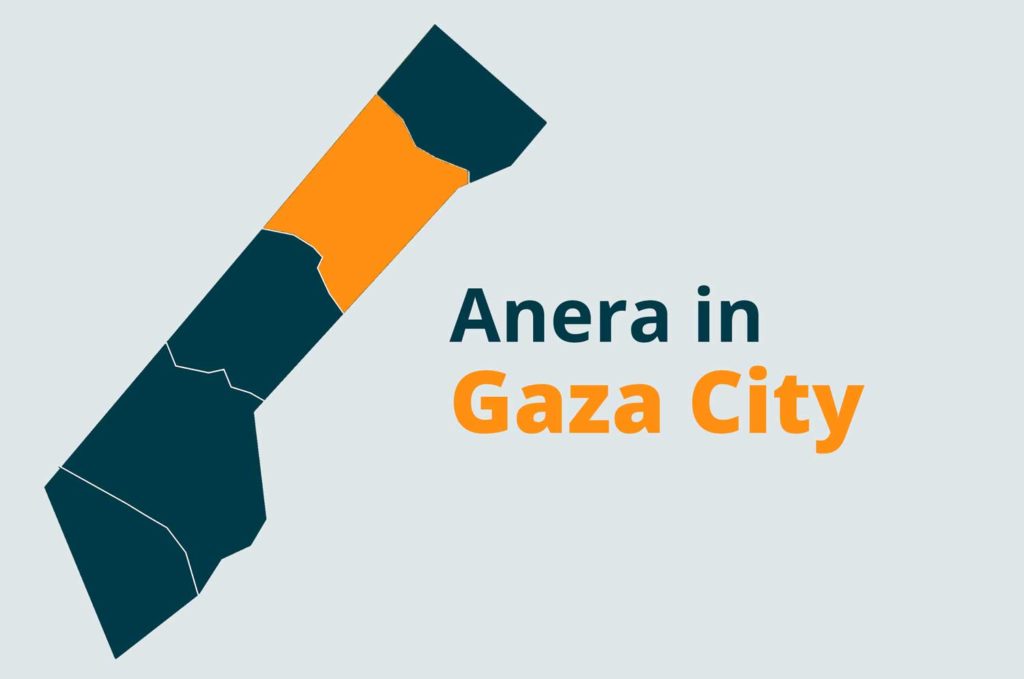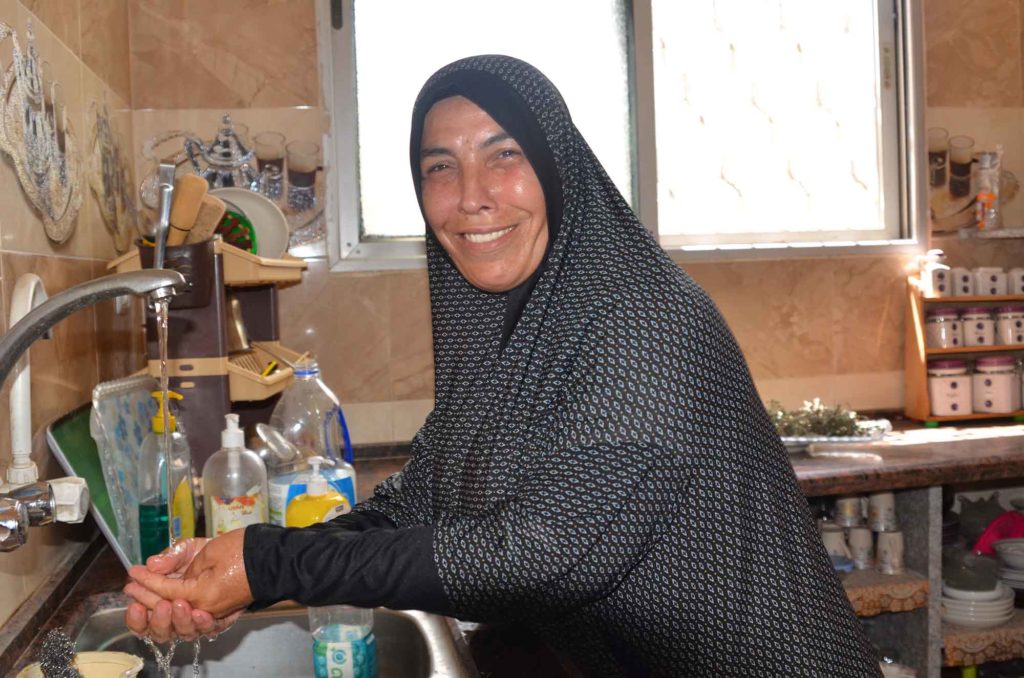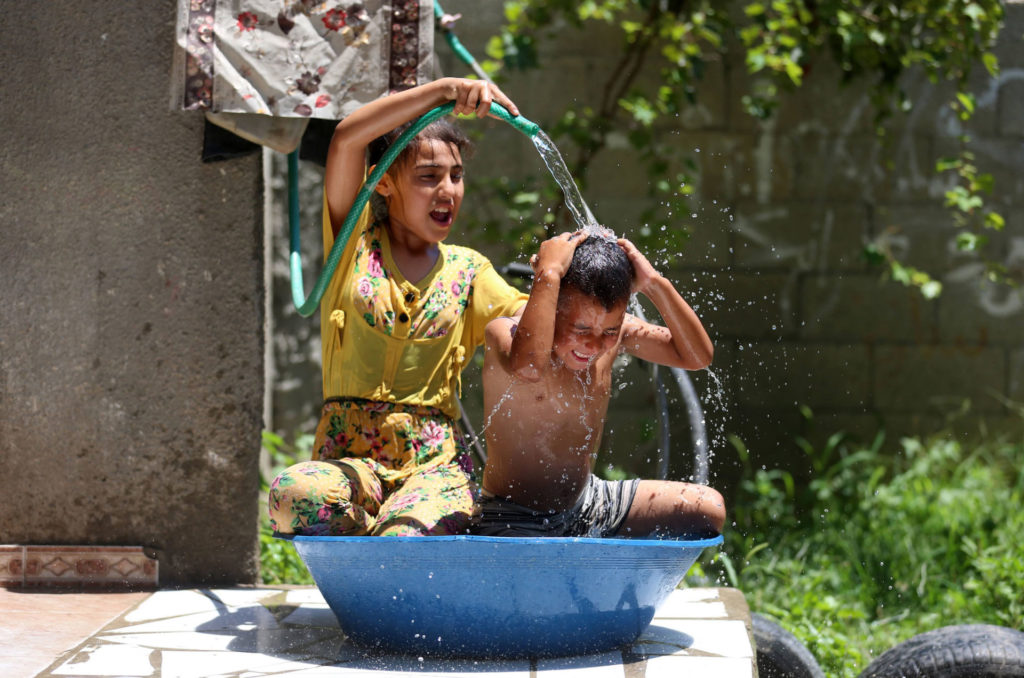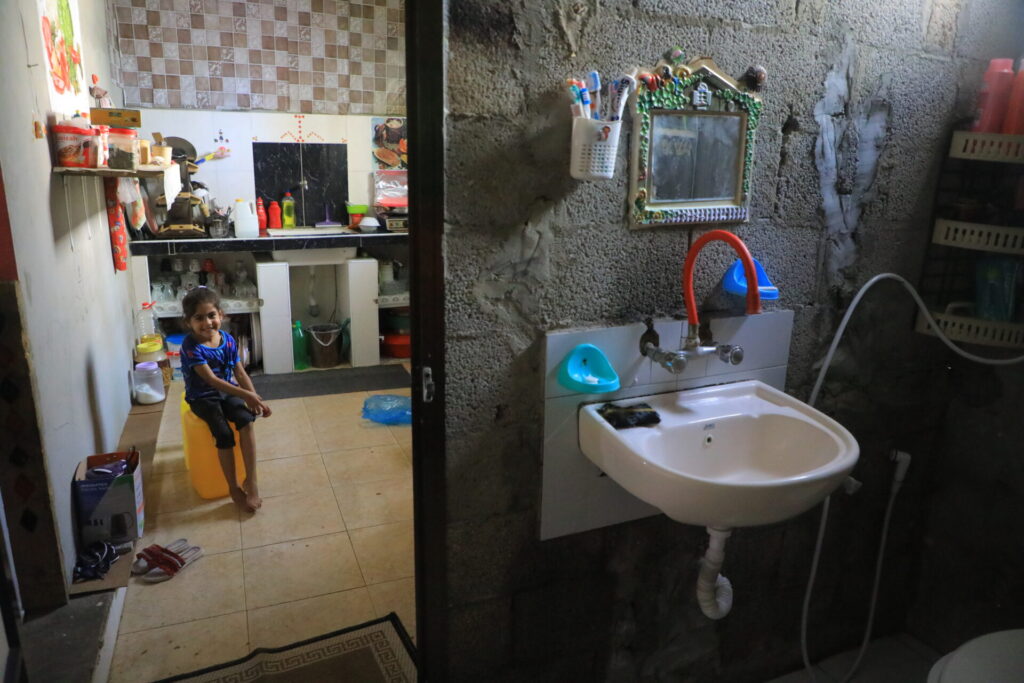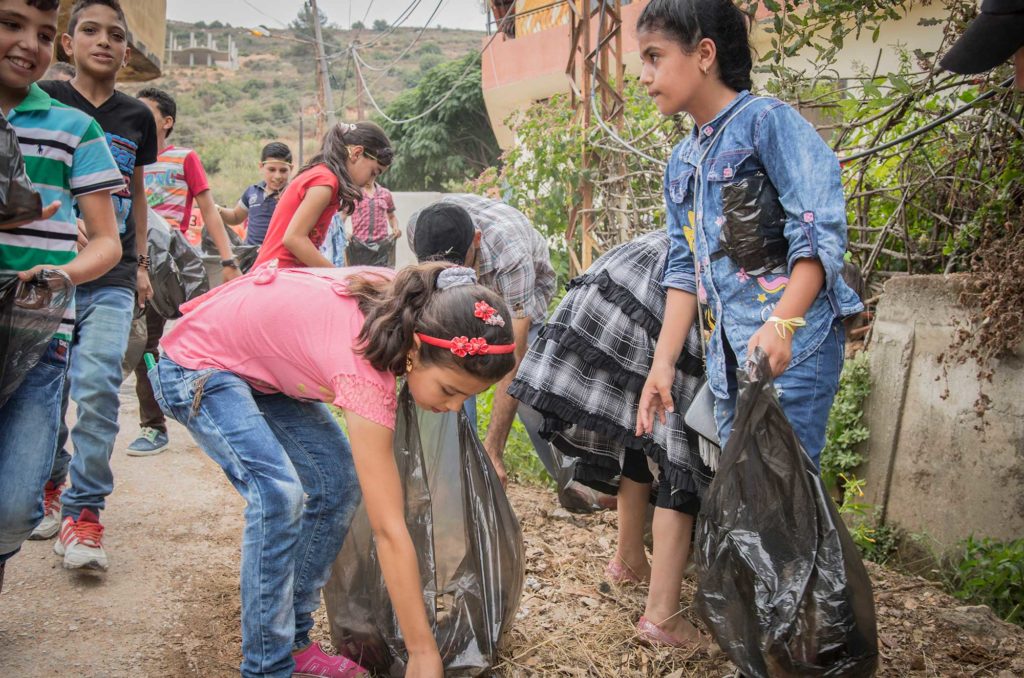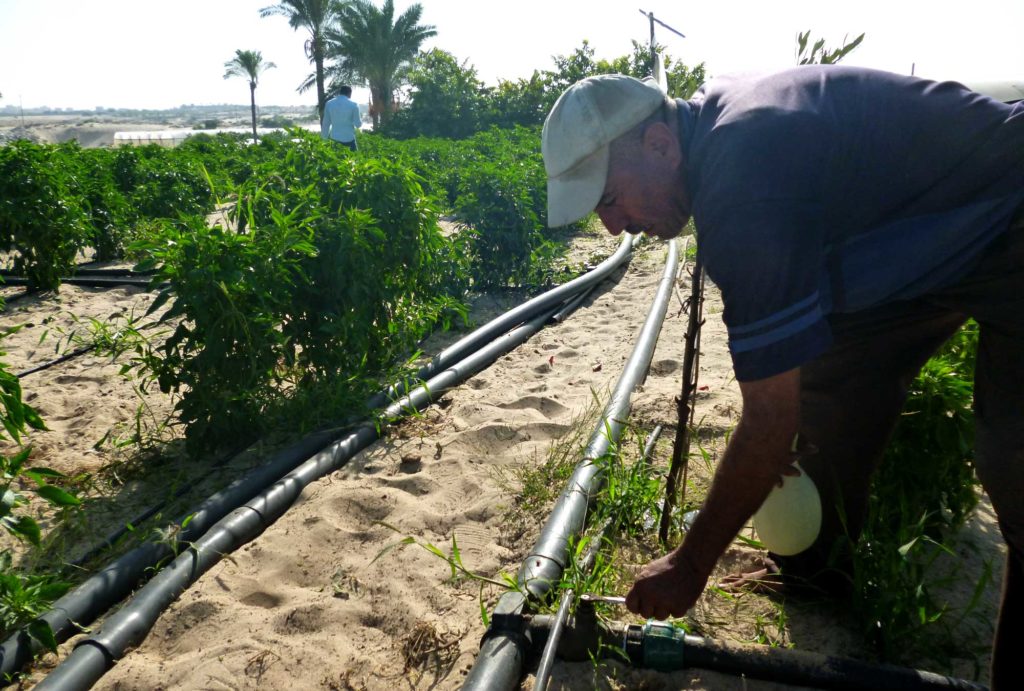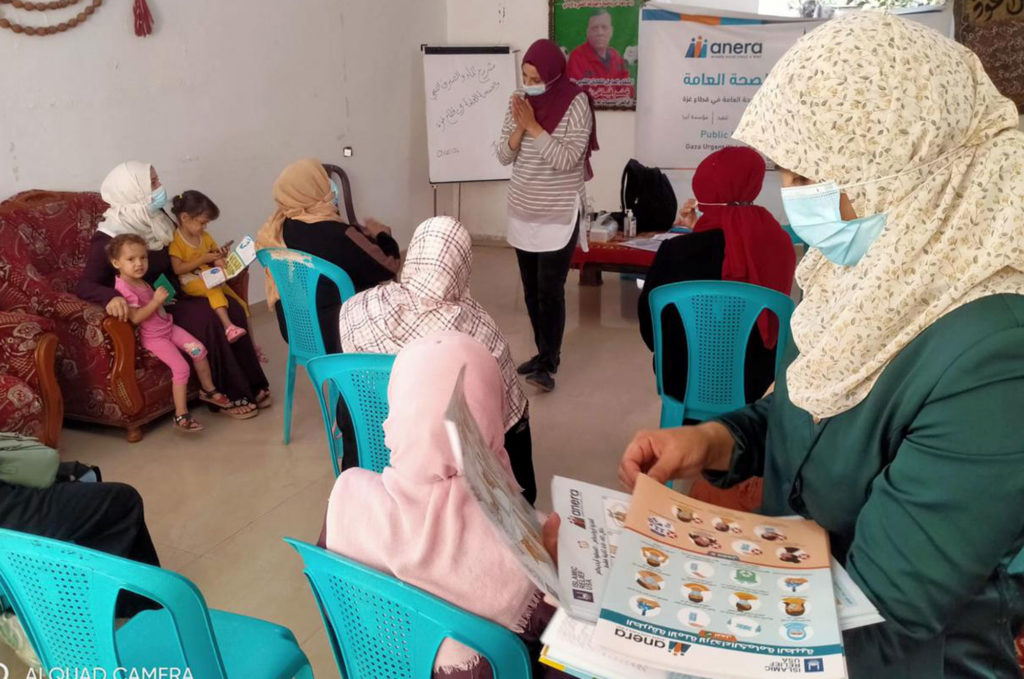Threats to Water Access
Access to safe water is a basic international human right. Blockade, occupation, and climate change, however, make water access in Palestine a challenge every day. Only 10% of Gazans have access to safe drinking water in their homes.
Occupation and blockade limit Palestine water resources, and the over-pumping of wells depletes the fresh water supply while polluting what’s left. At the same time, old treatment facilities aren’t able to effectively treat water, and deteriorating pipes and pumping stations keep water from reaching homes, schools, hospitals and businesses.
Throughout Gaza, most tap water is unfit for human consumption. Some 97% of water from Gaza's aquifer does not meet the quality standards of the World Health Organization. The chemical and biological pollution in Gaza’s drinking water is due to high levels of salinity and fecal contamination, which are risk factors for hypertension and intestinal diseases that can be particularly harmful to babies, children and pregnant women.
Connecting Palestinians to the Water They Need
Anera addresses the issue from every angle to help ensure Palestinians have access to water when they need it.
In Gaza, Anera engineers focus on multiple projects to ensure vulnerable communities have adequate infrastructure for safe, clean water. Community infrastructure activities include flood prevention, storm water gullies, wastewater networks, solar pumps, and water desalination. Networks blocked with asbestos or rust are replaced with new materials. We train workers in system maintenance so that these solutions are sustainable for years to come. Since pollution caused by raw sewage limits access to clean water in Palestine, we also build and repair sewage and sanitation systems.
Anera's major funding for water and sanitation projects comes from Islamic Relief USA. With their support, our team in Gaza has implemented over 50 projects across Gaza. Our IRUSA-funded work has followed a two-pronged approach: improving water infrastructure and spreading awareness of practical hygiene practices.
- Wastewater networks: We install underground tunnel systems for transporting sewage away from houses, removing waste from homes and pumping it to treatment facilities for treatment. In recent years, Anera has linked 2,340 homes in Gaza to reliable, safe wastewater networks, preventing families' exposure to pathogens.
- Water wells: For many communities in Gaza, municipal wells are their main source of water. We have repaired six wells that serve tens of thousands of residents living in densely populated areas. In each of our well projects, we installed new pumping facilities that vastly improved water pressure in people’s homes.
- Water networks: Water loss from dilapidated pipes is a big problem in Gaza. Often the pipes are undersized and can’t handle the demands of an ever-growing population. Anera has (re)connected 1,892 homes to new or repaired networks, using larger PCV pipes.
- Storm water drainage: As Gaza’s population has grown and become more urban, many agricultural areas have been converted to residences, leaving less soil to absorb rain. The concrete culverts, manholes, and gullies Anera installs safely carry storm water away from streets, homes and businesses to basins that store the runoff and replenish the aquifer.
- Hygiene awareness: Because water in Gaza is of such poor quality, Anera's water and sanitation work includes awareness sessions on personal hygiene practices (handwashing), household-level cleaning habits and food prep. We have reached thousands of families with these events.
One of Anera's most impactful water access interventions in Gaza is installation of reverse osmosis systems. Reverse osmosis is a water treatment process that removes contaminants from water by using pressure to force water molecules through a semipermeable membrane. With funding from a variety of individuals and organizations, Anera has installed 30 systems and counting, serving thousands of patients, students, medical professionals and community leaders in Gaza.

